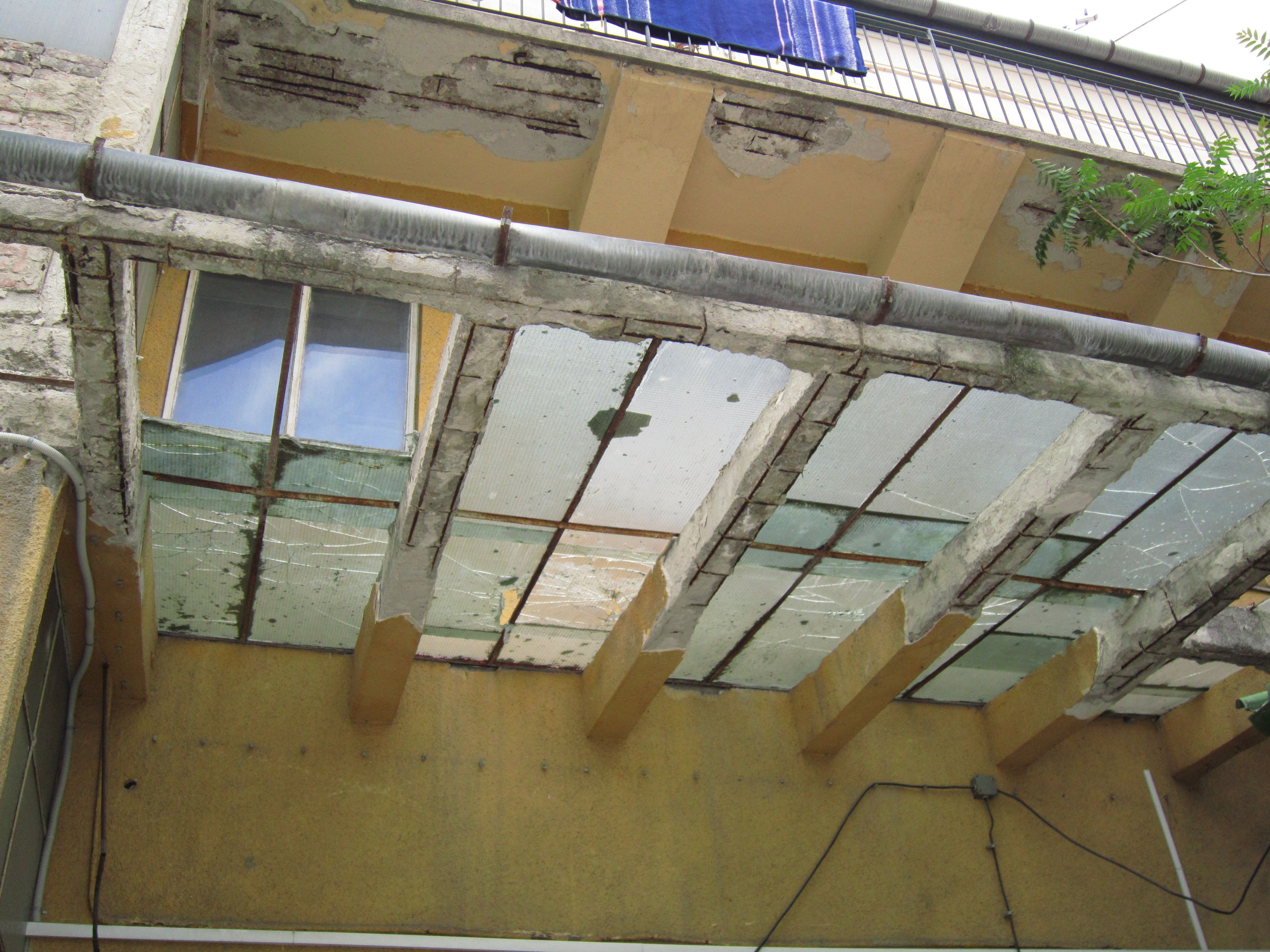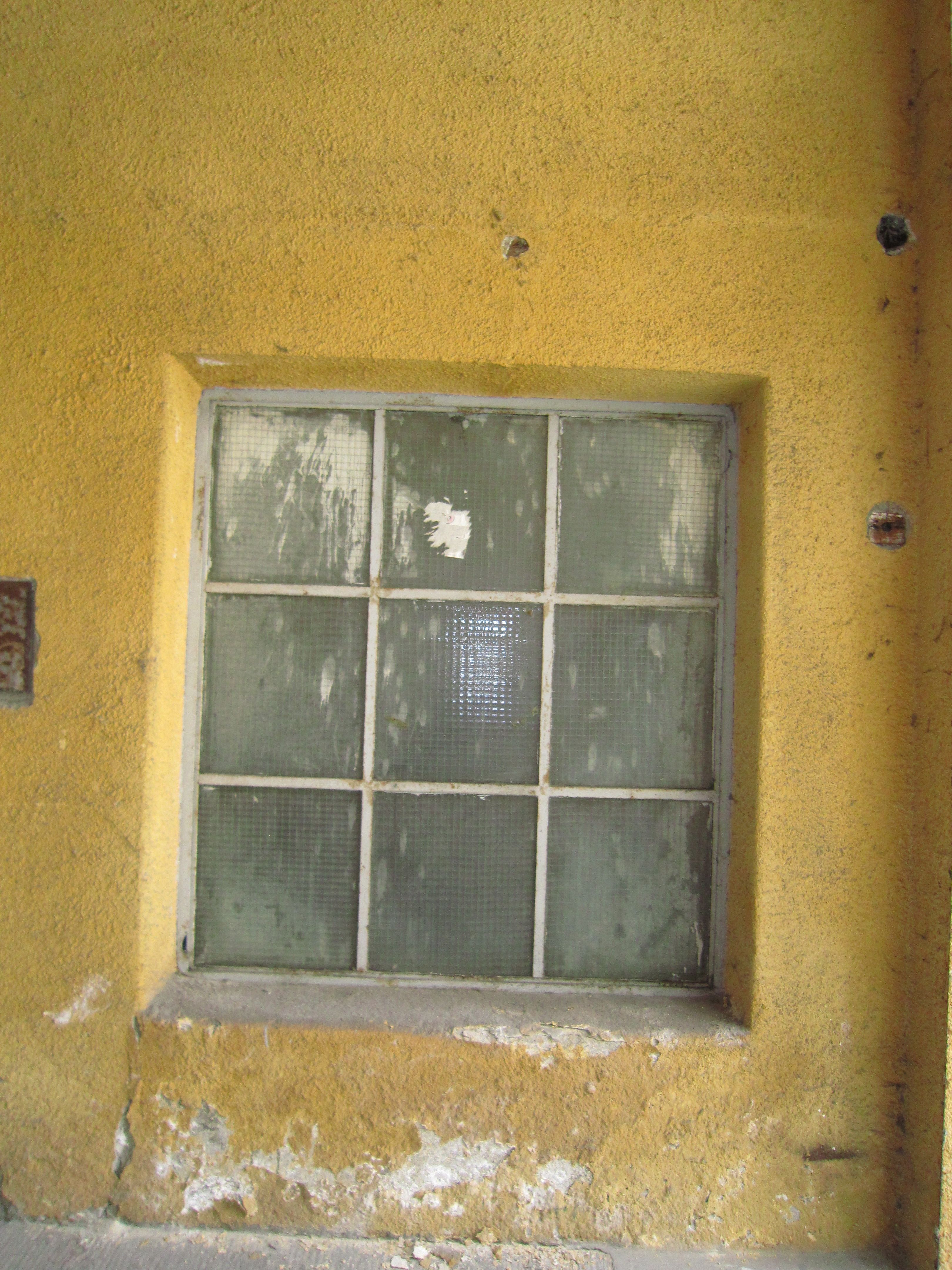
The following lyric essay is an excerpt from a senior thesis in poetry by Advocate publisher and poetry board member Stephanie Newman ’13.
I am walking back to my apartment. We are in Budapest. I come upon a man. He is sitting behind many rows of gleaming tall-stemmed crystal glasses. So many different heights. A garden. With his moistened fingertips, from glassrim to rim, he chimes his song. His melody attracts a crowd. Mostly foreigners who were sleeping the night away at hotels on the Danube embankment. Men and women, of uncertain age, dressed in evening clothes, looking at each other and smiling. The man behind the song? He plays his song so casually, evasively, as though no crowd were watching, or rather, perhaps, as though his nonchalance deflects attention. What he is making isn’t quite beautiful—too sprite, too high-pitched—but his offering is sent out into this night with an easy flourish.
My thought about him gives way to a fascination with the material he so effortlessly maneuvers. No mechanisms of hammers and coils, no curiously curved brass; only the transparent process of physics, only touch turning to sound. What is so oddly breakable about the scene? Imagine the explosion of sound that would erupt from the glasses were the table upturned. The light in each glass would unravel. The onlookers would disperse. The man would drop his heavy hands and search for the fleeting silences in the ruptured song.
Earlier in the week I visited an abandoned glass factory whose fragments were immersed in silence. The garage door guarding the site faded into the run-down streetscape of Vadász utca. When I rapped on the window, an old man came to meet me in the courtyard. His teeth dirty, his hands wrinkled. I asked him if I had arrived at the Glass House. He squinted, he nodded. He unlocked the memorial room and left me alone to read about the site whose dilapidation eclipsed its fame.
Seventy-five years ago, the factory molted glass into thousands of sheets. They became the windows of the north’s industrial buildings. Then, having grown gargantuan in size, the Second World War arrived in Budapest and suffocated the factory with its chokehold, paralyzing commerce, barring the factory’s Jewish owner. Carl Lutz, Swiss diplomat, took the glass factory for headquarters—we can still see it, how from the seat of his desk, the strange benevolence blossomed. The diplomat issued thousands of international passports to rescue the Hungarian Jews. Beside circular stamps of Swiss validation, in typeface on discolored paper, the words “Gültig für Aufenthalt” gleamed. When papers were not enough, the Swiss diplomat stowed 2,000 Jewish refugees on factory grounds. Packed into chambers in the factory’s brick basement, the silent brigade of men, women, and children slept, woke, urinated, hungered, shivered, and survived.
I climb down to the cellar, where the only source of light is a window as long as a ruler. The whole space black save for the sun spearing in through the fingerswidth glass rectangle. How grateful we must have been for that patch of glass… Or perhaps it was frightening, this fragile spot where shelter’s teeming meets an outer world, brute with harsh light, sound. One bullet would have shattered glass, cut through a dozen bodies.

Back outside, a robin-blue glass awning has been shattered in its frame above ground. I look through the windows of the building. I see three metal ladders, white buckets with brown stains, wires running along the ceiling. The reflections on the glass walls bend over each other: images of pipes and chains touch images of trees. I too entrust my form to the transparent walls of the facility. There I am, my image outlined onto the glass doorway, trapped inside this montage of ruin, construction, misgrowth, trees. Why do I feel generous for donating my shape to this massacre of abandonment, for enlivening the decay with my barely detectable human touch?
Weeks later, in Berlin, I am led to a monstrous cement building with uniform rows of windows. This had once been a school for girls. When the war comes, the Jewish children are marched to houses of prostitution where they spend their days servicing the battalions. I want to leave. I turn. I catch the brisk pivot of my reflection in the blackened window. My features and mannerisms are lent to this ghost-like being, some young girl with long dark hair, walking, in a delicate bending of time, to the brothel in which she will see out her fate. The encounter is no less a transaction, this one between my body and glass, glass always proving the stronger, taking my image from me, distorting its existence. Who is this unfamiliar figure I am now in its grasp?
Glass: the power to show me: the power to give me my own form: to take it back: to sketch me into circumstances that never bid me enter. I love these versions of myself, the sacrifice that’s required, the submission to laws of physics, to optical sensitivity. The act ultimately one of concession, the opportunity for light to own my body, to recreate it…
I remember once meeting a father and son who worked together in their underground studio on Morano blowing glass flowers. One would spin the metal rod with liquid glass on its end until the searing material ballooned. And then, under expert flicks of wrist, the balloon would deflate, the rim scallop, the glass blossom solidify. The finished orchids and irises filled an upstairs room with sparkling clusters. I passed through it once, looking to admire the small creations, but all I could see were ruined splinters of myself, cast out in a thousand prisms to make the garden built of crystal.
